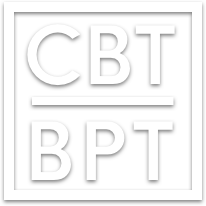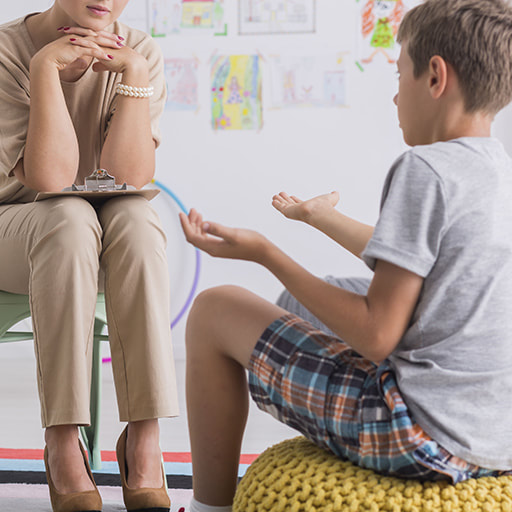Cognitive-Behavioural therapy (CBT) is a form of psychological treatment that has been demonstrated to be effective for a range of conditions including anxiety disorders, OCD and related disorders, PTSD, depression, certain neuro-developmental disorders, elimination disorders, eating disorders, and others. Numerous research studies indicate that CBT leads to significant improvement in functioning and quality of life for individuals across the lifespan. Advances in CBT ensure that treatment is evidence-based yet practical, offering the individual a host of useful skills to navigate routine life stressors and psychological conditions alike. Finally, these skills can be used to support neuro-diverse needs and to ensure neuro-affirming care is available across the life-span.
|
- Psychological problems can emerge or get maintained via unhelpful ways of thinking.
- Psychological problems can emerge or get maintained via problematic, learned patterns of behaviour.
- People struggling with psychological problems can learn effective ways to cope, enabling them to identify values and thrive
- Treatment does not need to last years, but rather can be delivered in a concise and time-limited manner, at one or more intervals throughout the child’s developmental lifespan well into adulthood.
- Treatment consists of effective, engaging and practical skills that can be directly applied to situations that occur in everyday life.
CBT treatment involves a combination of changes to feeling, thinking and doing.
Skills learned in treatment can include:
-Assertiveness Communication
|


